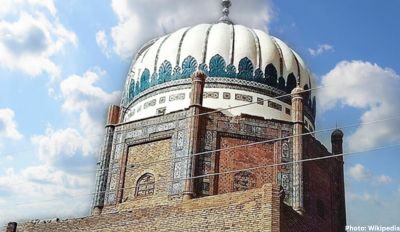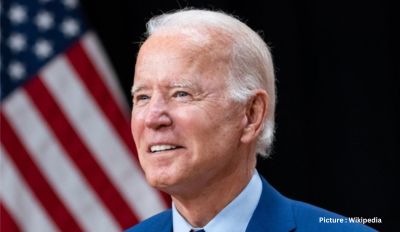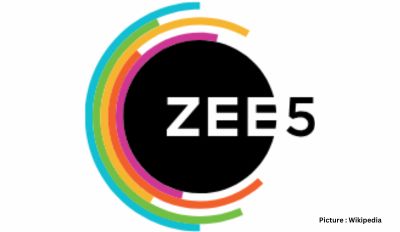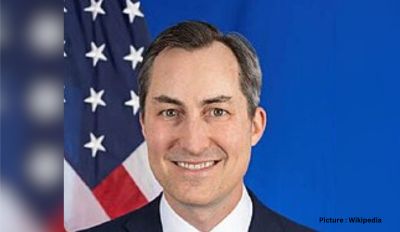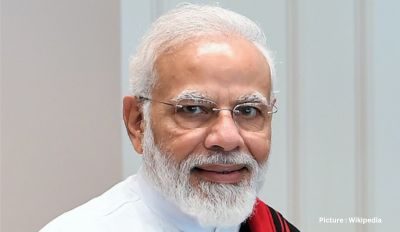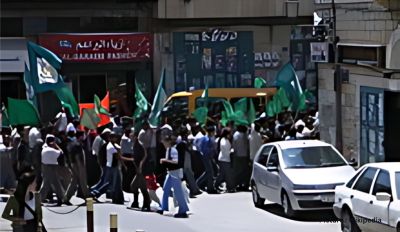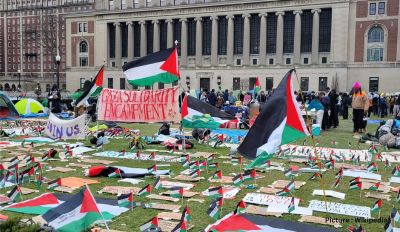EbrahimRaisi ,Iran’s president-elect staked out a hard-line position in his first remarks since his landslide election victory, rejecting the possibility of meeting with President Joe Biden or negotiating Tehran’s ballistic missile program and support of regional militias. The comments by EbrahimRaisi offered a blunt preview of how Iran might deal with the wider world in the next four years as it enters a new stage in negotiations to resurrect its now-tattered 2015 nuclear deal with global powers.
When asked about Iran’s ballistic missile program and its support of regional militias, EbrahimRaisi described the issues as “non-negotiable.” Judiciary chief EbrahimRaisi also described himself as a “defender of human rights” when asked about his involvement in the 1988 mass execution of some 5,000 people. It marked the first time he’s been put on the spot on live television over that dark moment in Iranian history at the end of the Iran-Iraq war.
 Tehran’s fleet of attack aircraft date largely back to before the 1979 Islamic Revolution, forcing Iran to instead invest in missiles as a hedge against its regional Arab neighbours, who have purchased billions of dollars in American military hardware over the years. Iran also relies on militias like Yemen’s Houthis and Lebanon’s Hezbollah to counterbalance against enemies like Saudi Arabia and Israel, respectively.
Tehran’s fleet of attack aircraft date largely back to before the 1979 Islamic Revolution, forcing Iran to instead invest in missiles as a hedge against its regional Arab neighbours, who have purchased billions of dollars in American military hardware over the years. Iran also relies on militias like Yemen’s Houthis and Lebanon’s Hezbollah to counterbalance against enemies like Saudi Arabia and Israel, respectively.
Raisi, a protégé of Iran’s Supreme Leader Ayatollah Ali Khamenei, has been sanctioned by the U.S. in part over his involvement in the mass executions. His victory in the balloting last Friday came amid the lowest turnout in the Islamic Republic’s history. Millions of Iranians stayed home in defiance of a vote they saw as tipped in Raisi’s favor.Of those who did vote, 3.7 million people either accidentally or intentionally voided their ballots, far beyond the amount seen in previous elections and suggesting some wanted none of the four candidates. In official results, Raisi won 17.9 million votes overall, nearly 62% of the total 28.9 million cast.
Raisi’s election puts hard-liners firmly in control across the government as negotiations in Vienna continue to try to save a tattered deal meant to limit Iran’s nuclear program, at a time when Tehran is enriching uranium at 60% its highest levels ever, though still short of weapons-grade levels. Representatives of the world powers party to the deal returned to their capitals for consultations following the latest round of negotiations on Sunday. Top diplomats from nations involved in the talks said that further progress had been made Sunday between Iran and global powers to try to restore a landmark 2015 agreement to contain Iranian nuclear development that was abandoned by the Trump administration. They said it was now up to the governments involved in the negotiations to make political decisions.
Raisi’s election victory has raised concerns that it could complicate a possible return to the nuclear agreement. The international efforts to bring Iran back in compliance with the 2015 nuclear deal that came apart after former US President Donald Trump abandoned continued in Vienna on Sunday even as the world powers brace for a more hardline administration in Tehran.
Senior diplomats from China, Germany, France, Russia and Britain met at a hotel in the Austrian capital for the final meeting of the sixth round of talks in Vienna. Iran’s deputy foreign minister for political affairs said that almost all documents pertaining to the nuclear deal have been negotiated and that the diplomats would return to their home countries for further consultations with their governments and take a final call. But apprehension remains over the incoming Iranian president of EbrahimRaisi, who won an election that offered only a veneer of choice to the public.
Raisi is the first Iranian president sanctioned by the U.S. government even before entering office, over his involvement in the 1988 mass executions, as well for being the chief of the Iranian judiciary, which has a penchant for capital punishment and disdain for due process. Israel’s new Prime Minister Naftali Bennett warned Sunday that Raisi’s election was “the last chance for the world powers to wake up before returning to the nuclear agreement and to understand who they’re doing business with”. “These guys are murderers, mass murderers,” he added.
Biden administration officials are insisting that the election of a hard-liner as Iran’s president won’t affect prospects for reviving the faltering 2015 nuclear deal with Tehran. But there are already signs that their goal of locking in a deal just got tougher. Optimism that a deal was imminent faded as the latest talks ended Sunday without tangible indications of significant progress. And on Monday, in his first public comments since the vote, incoming Iranian President EbrahimRaisi rejected a key Biden goal of expanding on the nuclear deal if negotiators are able to salvage the old one.
At the same time, Raisi is likely to raise Iran’s demands for sanctions relief in return for Iranian compliance with the deal, as he himself is already subject to U.S. human rights penalties. “I don’t envy the Biden team,” said Karim Sadjapour, a senior fellow at the Carnegie Endowment for International Peace who has advised multiple U.S. administrations on Iran. “I think the administration now has a heightened sense of urgency to revise the deal before Raisi and a new hard-line team is inaugurated.”


